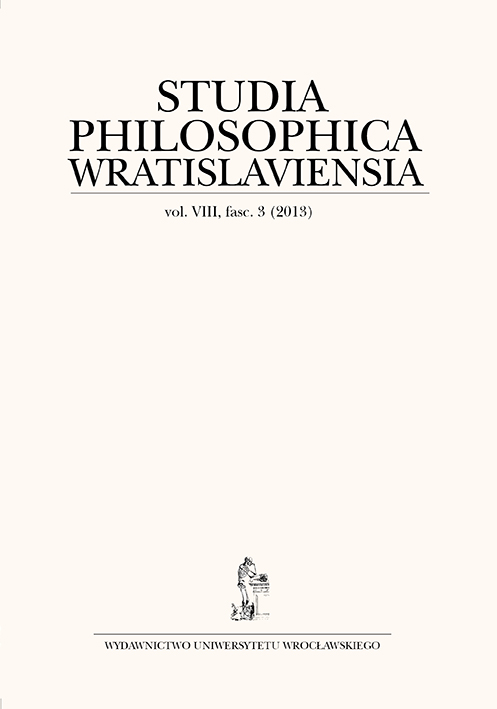

Artykuły

The objection of untestability of intelligent design theory
According to intelligent design theory, certain biological and cosmic phenomena were designed by an intelligent being that could just as well be natural as supernatural, and this design is scientifically detectable. However, critics refuse to grant this theory a scientific status due to its supposed empirical untestability: unverifiability or unfalsifiability. In the article, I show why this objection is unsound. Especially important in this matter is to understand that good design criterion must indicate design unambiguously, i.e. features of phenomena which ought to serve as such a criterion cannot be simultaneously explained in a naturalistic manner, that is without invoking intelligent causes. Otherwise, such a criterion could not fulfill its task. Finding naturalistic explanation for such features would be tantamount to falsification of a given design criterion. In the article, I also discuss the methodological problems of falsifiability as a demarcation criterion.